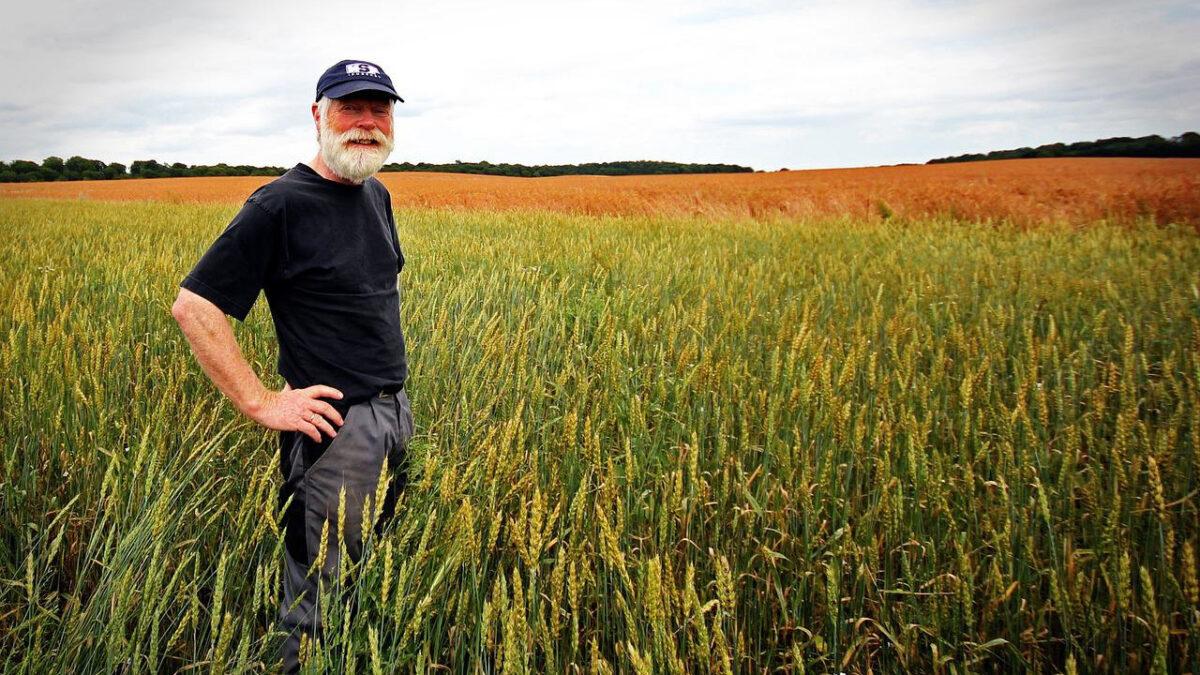Two of the smartest, most educated, and clearest thinkers that I have met in my life are my brother who owns a trucking company, and my brother-in-law who has owned and skippered several commercial fishing boats out of Kodiak Alaska. They both are extremely well read and are facile in The Classics, Modern and Ancient History, Biblical Apologetics, and STEM disciplines. What these two men have in common is that they have spent thousands of hours on the road or at sea in solitude. They have not only had time to read, but they have had time to think and pray. The range of their literary and intellectual inquiry is broad, and not limited to a small area of “expertise”. When they have the responsibility of making a decision that is in the best interest of their family, or business, or their employees or investors, they have the proper context upon which to base that decision.
Several years ago, I made a presentation before a group of physicians and lawyers at Big Sky Montana. After my presentation, we retired to the bar where we discussed the economics of socialized medicine. Two of the younger physicians in the group had just received staff positions at the University of Utah. They both volunteered that they had been basic science majors in college—one physics and one chemistry, and throughout their entire educational experience they had been in accelerated classes dating back to high school honors programs. They also volunteered that the last time they had taken any classes in civics, government, political science, or economics had been in high school. We are educating our children to be “experts”. One of the lawyers at the bar informed us that his daughter had spent her sophomore year at a very prestigious college in Rome in a “Year Abroad Program”. He was befuddled that none of the courses she chose to take had to do with Roman or Catholic Church history—she was attending a prestigious Catholic University. Design, architecture, and “comparative sociology” whatever that is, were requirements. If we are creating experts on the one hand, on the other we are incentivizing mediocrity.
The greatest man I ever met was my now deceased father-in-law. He grew up on a farm in Tipton Kansas, and during the dust bowl and depression at the age of 11, he was sent to a Catholic orphanage because his family couldn’t feed him. He became a Navy pilot and an authority in acoustical engineering—tracking down Russian Submarines. When he retired from the Navy, he was offered a position on the Board of Boeing, but he turned it down for two reasons. One was the conflict of interest between his career in the Navy and his being in a position to influence procurement and contracts with his new employer. But the most important reason was he needed time to think. He bought a farm in Idaho and for the next twenty-five years, he returned to his roots. He needed solitude to “think and pray”. It was that solitude that allowed him to make many great decisions that later affected his family and everyone around him. During his professional career he provided for his family and was a good husband and father. The last third of his life he created a legacy and a standard for his children and grandchildren to live up to.
When I think of our corporate leaders and our politicians, when I watch them in action on the floors of legislative assemblies, or before stockholders, or at board meetings I wonder if they have given themselves the time to think. Do they have the proper context and solitude that great leaders always have had? Look at the faces on Mt. Rushmore: Washington, Jefferson, Roosevelt, and Lincoln. A good portion of all their lives was spent in solitude—thinking and in prayer. Providing context for their actions and decisions in later life
What about our politicians in Washington and Boise? How are they affected by 24 hours a day and seven days a week of CNN/MSNBC/FOX, and cocktail parties sponsored by lobbyists and captains of industry? Sensory overload is the order of the day. They have time only to be “experts in the politics of the political process”. Are they giving themselves the time—the time for solitude, the time to read, and the time to pray— that will provide them the proper context that will help them make good decisions for the people they represent?
The fisherman, the truck driver, the Navy pilot-farmer, all had within their lives and characters the qualities that solitude can provide in giving one context. None had an Ivy League Education or a professional degree. All had worked hard during their careers. All were educated and were “experts” beyond their own fields of expertise. The experts that advised our Governor and bureaucrats in government agencies during the Covid political pandemic lacked the experience and knowledge that would have given them the proper context upon which to base their decisions. It was their job to secure The People’s Liberties, not tell us what to do or how to mitigate our own individual risks. Most of all, context informs us of the limitations of our own authority over others. I would rather be ruled by the truck driver, the fisherman, and the pilot farmer than 90% of those who are ruling us now.


